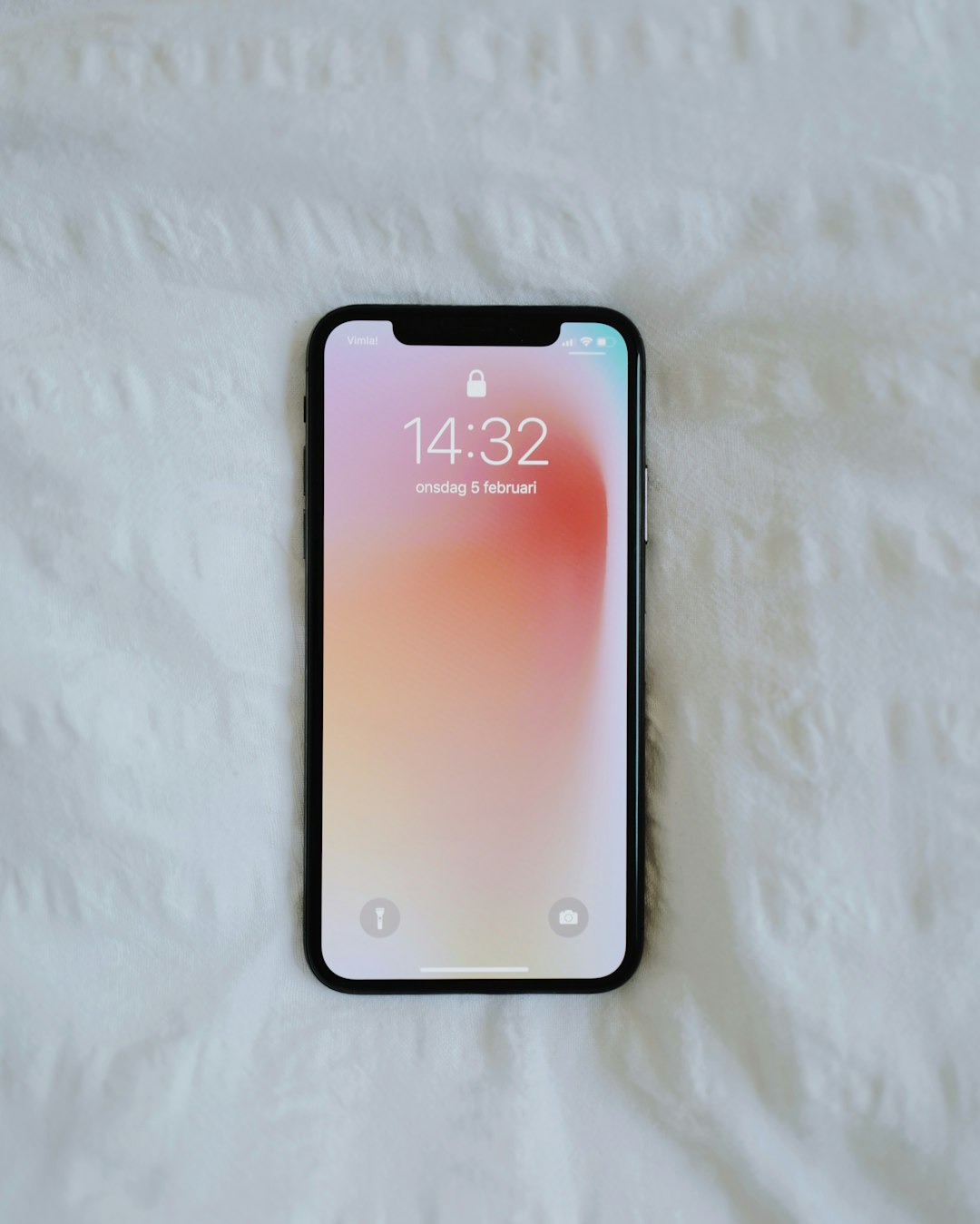Philadelphia's 'Do Not Text Lawyer' campaign strengthens distracted driving laws, targeting both officers and citizens. The initiative emphasizes responsible texting, with law enforcement pulled over safely before communicating via text while on duty. The Philadelphia Attorney General plays a crucial role in education, guidance, and strict enforcement, aiming to reduce accidents caused by mobile device distractions. When dealing with legal matters related to texting while driving, it's advised to call or meet an attorney directly to ensure clear communication and protect rights.
“In Philadelphia, the interplay between citizens and law enforcement through text messages is governed by specific regulations. This article delves into the city’s unique ‘Do Not Text’ laws and explores their impact on interactions with law enforcement. We’ll dissect the role of the Attorney General in enforcing these restrictions and outline your rights and responsibilities when engaging with police via text. Understanding these nuances is crucial for navigating Philadelphia’s legal landscape effectively.”
Understanding Philadelphia's Texting and Law Enforcement Laws

Philadelphia’s laws regarding texting while driving, or more specifically, texting for law enforcement officers, are designed to promote road safety and reduce distractions behind the wheel. These regulations are part of a broader effort to address the growing concern over distracted driving, which has significant implications for public safety. The Do Not Text Lawyer Philadelphia initiative is a key component, emphasizing the seriousness of sending or reading texts while operating a vehicle.
Texting laws in Philadelphia, like many other cities, aim to discourage officers from engaging in this behavior during duty hours. It’s important to note that while these laws exist, law enforcement agencies also recognize the need for effective communication. Therefore, the focus is on responsible and safe texting practices. Officers are expected to pull over and park securely before sending or reading messages to ensure their actions do not compromise road safety.
The Role of the Attorney General in Enforcing Texting Restrictions

The Philadelphia Attorney General plays a pivotal role in enforcing texting restrictions and ensuring public safety, particularly regarding distracted driving. With the increasing prevalence of mobile devices, the risk of drivers sending or reading texts while behind the wheel has become a significant concern. The Attorney General’s office is tasked with interpreting and enforcing state laws related to texting and driving, acting as a buffer between citizens and law enforcement to promote adherence to these vital regulations.
By serving as a legal expert, the Attorney General provides guidance to law enforcement agencies on the proper application of Do Not Text laws. This includes educating officers on how to recognize violations, gather evidence, and navigate legal complexities. Through proactive measures and strategic initiatives, such as public awareness campaigns and strict enforcement, the Attorney General encourages drivers to prioritize safety by putting away their phones while operating vehicles, ultimately reducing accidents caused by distracted behavior.
Your Rights and Responsibilities When Interacting with Law Enforcement via Text

When interacting with law enforcement via text message, it’s crucial to understand your rights and responsibilities. In Philadelphia, it’s important to remember that while texting can provide a convenient way to communicate, it may not always be the best method for legal discussions. Engaging directly with an attorney is advisable, especially in sensitive matters, as miscommunication can lead to misunderstandings or even potential legal complications.
If you find yourself in a situation where law enforcement requests a text-based conversation, consider the following: refrain from discussing case details, providing evidence, or admitting guilt via text message. Instead, request a call or in-person meeting with your attorney. Remember, “Do Not Text Lawyer Philadelphia” should be a guiding principle to ensure effective and legally sound communication.






